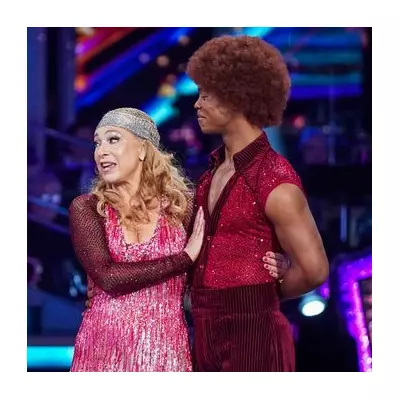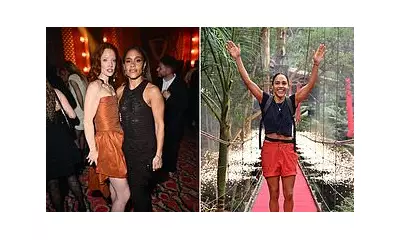
In a candid and deeply personal revelation, BAFTA-winning actress Naomi Ackie has laid bare the immense, often invisible, pressure placed upon women of colour within the television and film industry. The star, acclaimed for her portrayals of Whitney Houston and in the 'Star Wars' universe, asserts that actors from diverse backgrounds are frequently forced to work 'twice as hard' simply to justify their presence on screen.
Ackie detailed the exhausting reality behind the glamour, explaining that for women of colour, a role extends far beyond memorising lines and hitting marks. She described a constant, additional burden of labour that their white counterparts are seldom expected to carry.
The Unseen Emotional Labour
'You're not just showing up to act,' Ackie explained. The process involves a relentless need to prove one's right to be in the room, to navigate microaggressions, and to often become an unofficial consultant on their own lived experience. This emotional and educational labour is unpaid, uncredited, and drains the creative energy that should be reserved for the performance itself.
She poignantly highlighted the stark contrast, noting that many white actors can focus solely on their craft, insulated from these additional layers of psychological strain and advocacy.
More Than Just a Performance
For Ackie, this double workload manifested intensely during her preparation to play the iconic Whitney Houston. The role was not just an artistic challenge but a cultural responsibility. She felt the weight of representing a beloved Black figure accurately and respectfully, a pressure amplified by the scrutiny from the global Black community and the legacy of Houston's family.
This experience, while ultimately rewarding, underscored the unique set of challenges actors of colour navigate—challenges that are systemic within the industry's infrastructure.
A Call for Systemic Change
Ackie's comments transcend personal anecdote and serve as a powerful call to action. She argues that true diversity isn't just about casting more non-white faces; it's about dismantling the ingrained structures that place this disproportionate burden on them.
It requires hiring diverse writers, directors, and producers behind the camera to create a truly inclusive environment where an actor's only job is to act. Her testimony is a crucial contribution to the ongoing dialogue about equality, representation, and the very real cost of breaking barriers in today's entertainment landscape.





